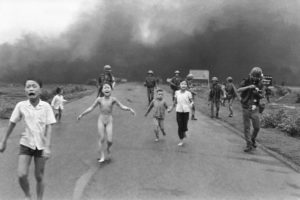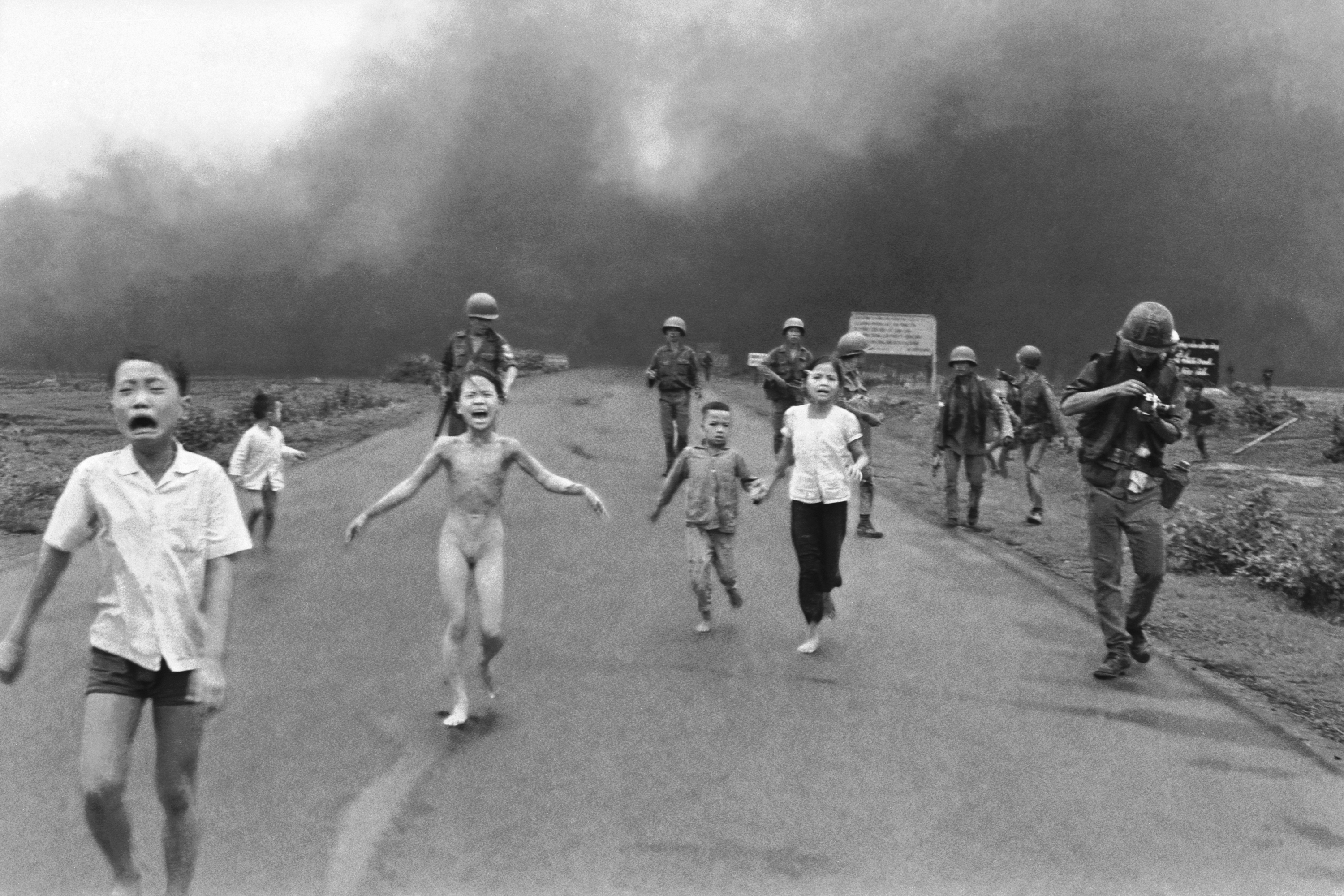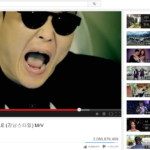Media Matters #3: Censorship – Alex Bradley
Well, it was only a matter of time before I ended up writing something like this. Just last week, Facebook caused controversy on the internet by removing an infamous picture from the Vietnam War on the grounds that it contains nudity. The picture, which will be familiar to many RHS students who have taken History at GCSE, shows a young girl, Kim Phuc, aged 9 when the picture was taken, running naked down a road towards the photographer, with other children wearing similarly traumatised expressions nearby. Kim had no choice but to remove her clothes after becoming collateral damage in a napalm attack by American pilots designed to quickly remove large areas of foliage to limit the areas in which North Vietnamese forces could hide.
The man responsible for the post containing the image, Espen Egil Hansen, editor of Afterposten, a Norwegian newspaper, quickly lashed out at Facebook, calling the move to take down the post “an abuse of power” and that it was “promoting stupidity”. In response, Facebook had issued statements, saying that “While [they] recognise that this photo is iconic, it’s difficult to create a distinction between allowing a photograph of a nude child in one instance and not others.”

And that would’ve been the end of it all, other than that Hansen decided to take this statement out of context and suggest that Facebook had classified it as child porn.
However, just as I was sitting down to write this article, I found out that the situation had developed further. Facebook has doubled back on their decision to remove the picture. Despite being a very infrequent user of Facebook, this, to me, epitomises everything that is wrong with the internet.
Not only is it a spineless move on Facebook’s part, it also completely misses the point of why Facebook decided to take the (correct) course of action they did in the first place; say what you want, but this situation was never about child pornography or anything similar. It was about the rules. Facebook has very clear-cut rules and terms of use, one of which being “no nudity”, explicitly stating that genitalia must never be shown, even if the context is not sexual. Hansen can whine about free speech all he wants, but the point is this: Facebook has rules, and anyone using the site should be familiar with them. If you’re going to post something which challenges said rules, you have no right to whine when the post is shot down.
This is not censorship. This is Facebook trying to create the kind of environment that they want their users to experience, and no argument on Hansen’s part could really fault the company’s actions. They have simply responded to a rule-breaking photograph in the same way that they would respond to any other single offence. However, undoing this at the first squeals of “censorship!” is nothing but appeasement. It’s pandering to a group of people who think that, just because they don’t agree with the rules, they shouldn’t be enforced. You think users would call for accounts of racist and homophobic users to be returned to them just as readily on the grounds of “free speech”? Definitely not.
So, is the photo of a nine-year-old girl running naked down a road to escape excruciating pain a deep and impactful document on the atrocities of the Vietnam War? Absolutely. But is it in accordance with Facebook’s rules on content? No, and that’s why it was taken down in the first place.















Post Comment
You must be logged in to post a comment.